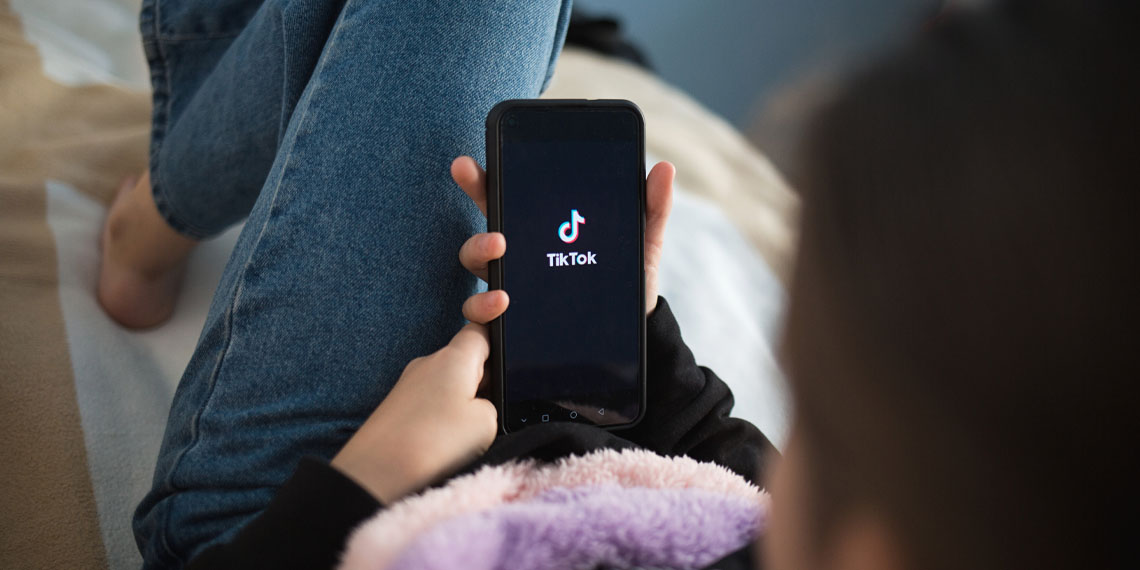A disturbing number of TikTok videos about autism include claims that are “patently false,” study finds::A recent study published in the Journal of Autism and Developmental Disorders found that a significant majority (73%) of informational videos on TikTok tagged with “#Autism” contain inaccurate or overgeneralized information about autism. Despite the prevalence of misinformation, these videos have amassed billions of views, highlighting the potential for widespread misconceptions about autism on the platform. …



With YouTube there are people who put a lot of effort and research into videos, and they have the time to dive deeps and address nuances related to an issue.
With the short format of TikTok there is no time for nuance and it’s all about grabbing someone’s attention in the first second and trying to hold it for 20-60 seconds.
They’re very different platforms.
That isn’t to say YouTube doesn’t have bad information on it, but at least the format of the platform doesn’t limit the ability to provide good information on complex topics.